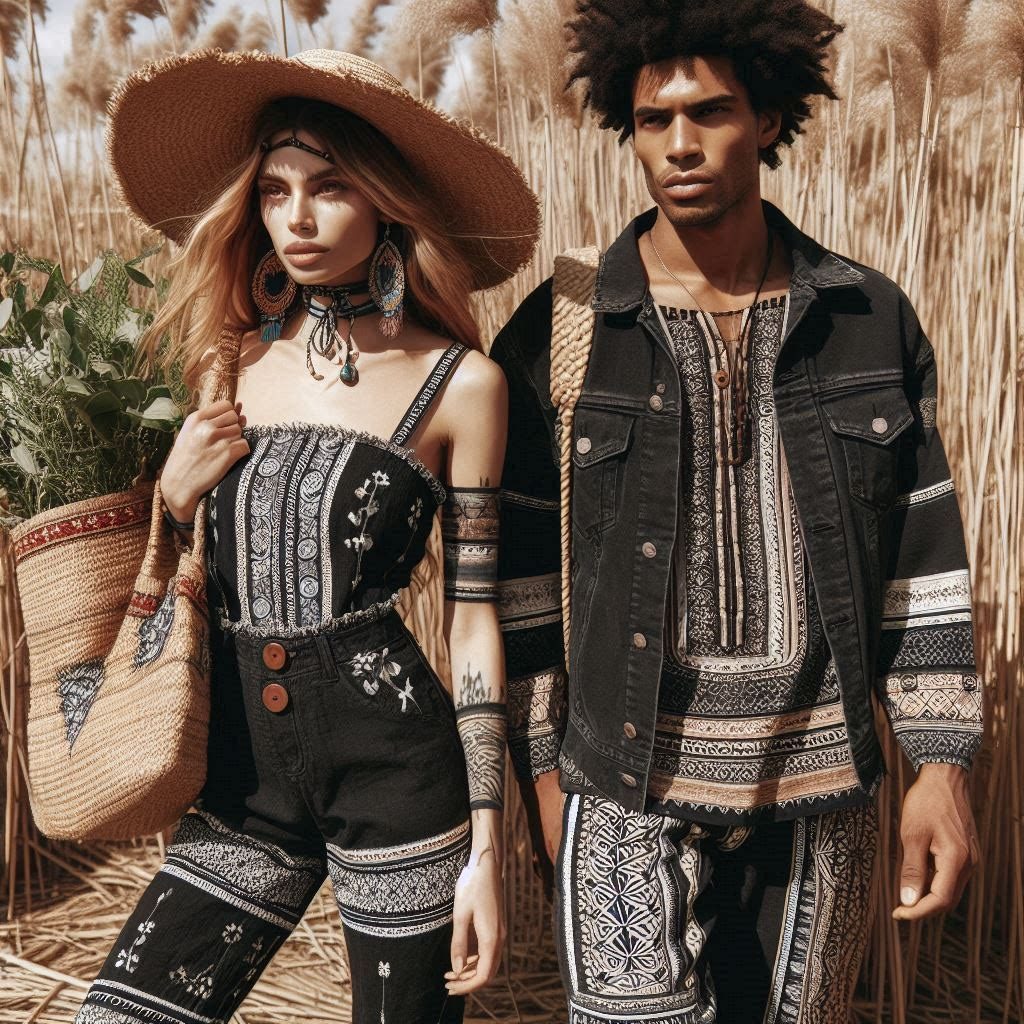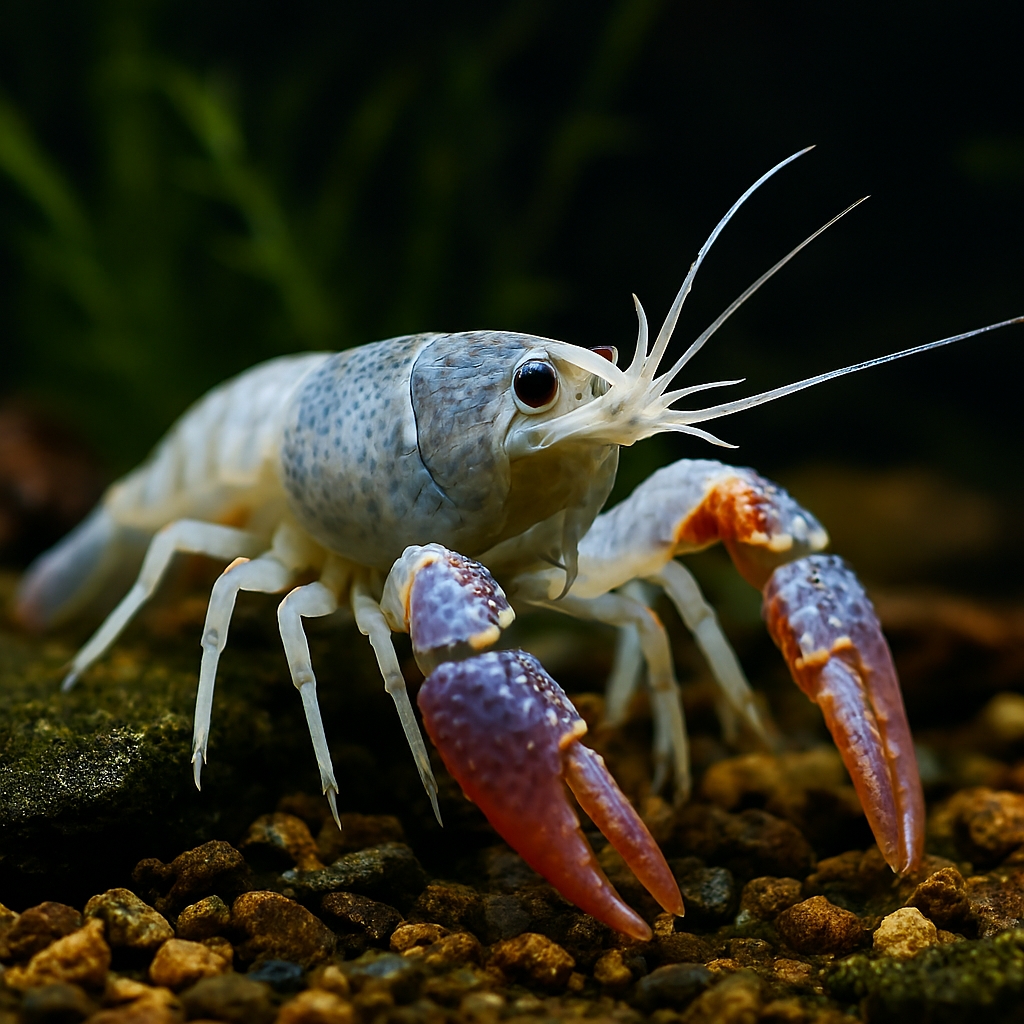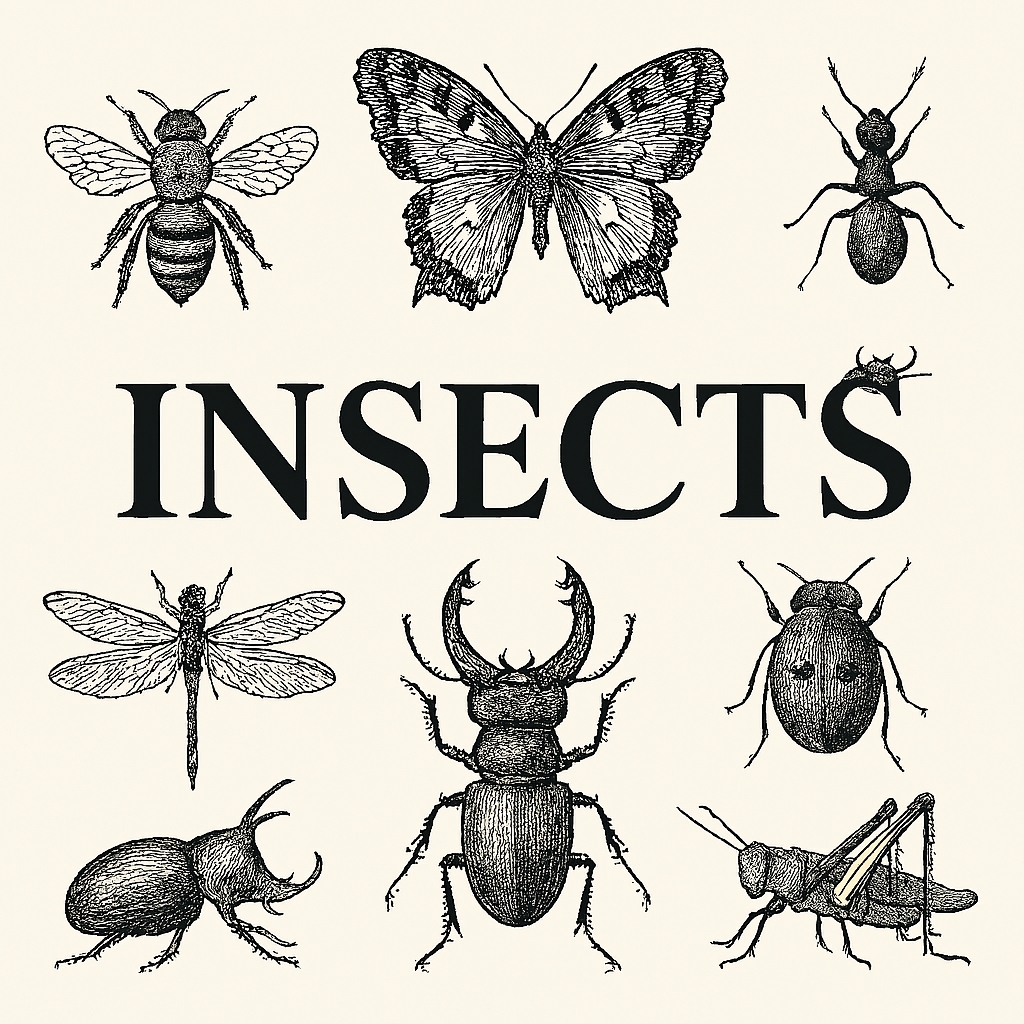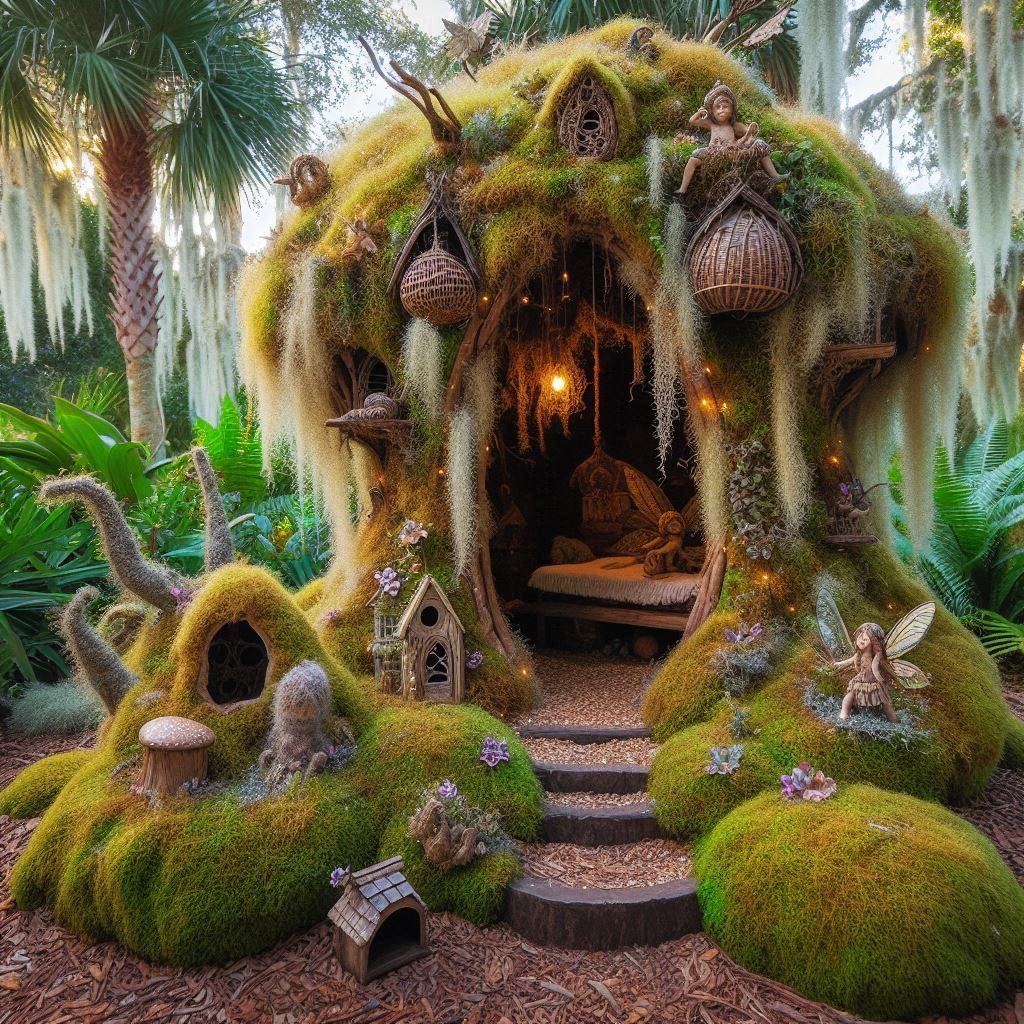Embracing Sustainability Eco-Fashion
The rise of eco-fashion signifies a promising shift in the fashion industry’s future. As more designers, brands, and consumers embrace sustainability, we can expect several transformative changes.
What is Eco-Fashion?
Eco-fashion, also known as sustainable fashion, is a design philosophy that prioritizes environmental sustainability. It encompasses the entire lifecycle of clothing, from design, raw material production, manufacturing, transport, storage, marketing, and final sale, to use, reuse, repair, remake, and recycling of the product and its components.
Understanding Eco-Fashion
Eco-fashion, also known as sustainable fashion or ethical fashion, is a design philosophy that incorporates a more sustainable approach towards fashion. It focuses on designing, producing, and consuming clothes that respect the planet and the people involved in their production.
How Does Eco-Fashion Work?
Eco-fashion works by integrating sustainable practices at every step of the garment’s lifecycle. Here’s how
Sustainable Materials
Eco-fashion begins with the use of sustainable raw materials. This includes organic cotton, hemp, bamboo, and recycled materials. These materials are grown or produced without harmful chemicals, protecting both the environment and the workers involved.
Ethical Manufacturing
Eco-fashion brands ensure their clothes are made in factories that prioritize workers’ rights, fair wages, and safe working conditions.
Low-Impact Dyes
Eco-fashion uses low-impact dyes that are non-toxic and require less water to process.
Quality Over Quantity
Eco-fashion focuses on creating high-quality garments that last longer, reducing the need for fast fashion cycles.
Is Eco-Fashion Fashionable and Cool?
Eco-fashion is not just about being kind to the environment, it’s also about being stylish. Designers are having to change & also proving that sustainability and fashion work. From chic dresses made from organic cotton to trendy bags made from recycled materials, eco-fashion offers a wide range of stylish options for every taste.
Wearing eco-fashion makes a statement. It shows that you care. This conscious choice can influence others to do the same, making eco-fashion not just cool, but influential.
The Long-Term Impact of Eco-Fashion
In the long term, eco-fashion has the potential to significantly reduce the fashion industry’s environmental impact. By choosing sustainable materials, reducing waste, and promoting recycling, eco-fashion can help conserve resources, protect ecosystems, and mitigate climate change.
Moreover, eco-fashion promotes a shift in consumer behavior. It encourages consumers to choose quality over quantity, to value the craftsmanship and to consider the environmental impact of their purchases. This shift can lead to a more sustainable fashion industry and a more sustainable world.
Shaping the Future of Fashion
The rise of eco-fashion signifies a promising shift in the fashion industry’s future. As more designers, brands, and consumers embrace sustainability, we can expect several transformative changes.
Innovation in Materials – The demand for sustainable materials will drive innovation. We can anticipate the development of new fabrics that are both eco-friendly and high-performing.
Transparency and Traceability – Consumers will increasingly demand to know the origin of their clothes. This will lead to greater transparency in supply chains, enabling consumers to make informed choices.
Circular Fashion – The concept of circular fashion, where products are designed and produced to be used and circulate responsibly and effectively in society for as long as possible in their most valuable form, will become mainstream. This will reduce waste and make the fashion industry more sustainable.
Policy Changes – As the impact of the fashion industry on the environment becomes more evident, we can expect stricter regulations and policies promoting sustainability.
Consumer Behavior – As awareness grows, consumers will likely shift from fast fashion to sustainable fashion. This change in consumer behavior will play a crucial role in shaping a more sustainable fashion industry.
Eco-fashion is not just a passing trend but a harbinger of a future where fashion and sustainability coexist. By supporting eco-fashion today, we are contributing to a more sustainable and ethical world of tomorrow.
Conclusion
Eco-fashion is more than a trend, it’s a movement towards a more sustainable and ethical fashion industry. By embracing eco-fashion, we can look good, feel good, and do good for our planet. So, why not take a stylish step towards sustainability with eco-fashion?
Join the Discussion
We hope this article has given you a deeper understanding of eco-fashion and its potential to transform the fashion industry. But the conversation doesn’t stop here. We’d love to hear your thoughts!
Are you already incorporating eco-fashion into your wardrobe? If so, how?
What challenges have you faced in trying to adopt a more sustainable approach to fashion?
Do you have any favorite eco-fashion brands or designers that you’d like to share?
How do you think we can encourage more people to embrace eco-fashion?
Leave your comments below. Let’s keep the conversation going and together, we can make a difference in the world of fashion.
#EcoFashion #SustainableStyle #GreenFashion #EthicalFashion #FashionRevolution #SlowFashion #EcoChic #ConsciousFashion #EcoFriendlyFashion #SustainableLiving #EcoWarrior #FashionForGood #EcoConscious #SustainableFashion #EcoLifestyle #EthicalStyle #SustainableWardrobe #EcoDesign #FashionFutures #EcoTrends #SustainableTrends #EcoInnovation #FashionSustainability #EcoBrand #EthicalBrand #SustainableBrand #EcoWear #SustainableClothing #EcoFriendlyClothes #GreenWardrobe

















Leave a Reply